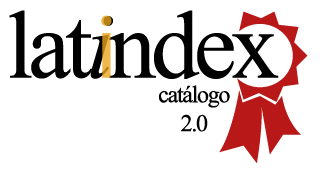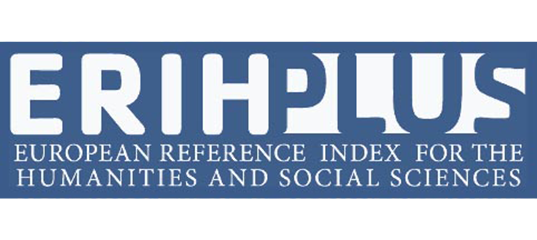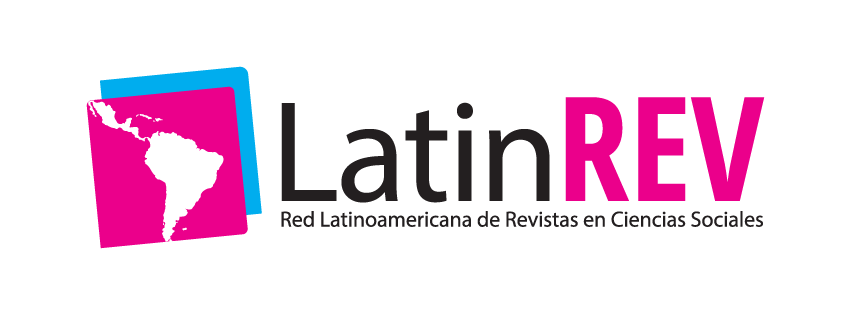Instructional Methodology based on ICT to strengthen Digital Competencies of Aspirants to Operational Technical Police Servants
DOI:
https://doi.org/10.46480/esj.9.1.214Keywords:
Instructional Methodology, Information and Communication Technology, Digital Skills, Police Training SchoolAbstract
Context: This study proposes an ICT-based instructional methodology to strengthen the digital competencies of 393 police service candidates at 'La Esperanza' School, recognizing the importance of these skills in contemporary police training. Methodology: A quantitative-descriptive design was implemented to diagnose the level of digital competencies of the candidates according to the DigComp 2.2 framework, evaluating five dimensions: information and data literacy; communication and collaboration; digital content creation; security; and problem solving. Results: The diagnosis revealed an intermediate-competent level in the five dimensions evaluated, with deficiencies mainly in digital content creation and digital security. The study highlighted the positive impact of ICT use integrated through active instructional methodologies in the development of digital competencies. Conclusions: Based on the findings, an instructional model was designed adapted to the institutional context and the specific needs of police candidates, which seeks to reinforce the areas with the greatest deficiencies and enhance the integral development of digital competencies relevant to police service.
Downloads
References
Álvarez, A. et al. (2019). Generación Z y sus características en el ámbito educativo. Revista de Educación, 15(2), 23–45.
Area Moreira, M. (2015). La alfabetización digital y la formación de la ciudadanía del siglo XXI. Revista Integra Educativa, 7(3), 21–33.
Azuero, A. (2019). Significatividad del marco metodológico en el desarrollo de proyectos de investigación. Revista Arbitrada Interdisciplinaria Koinonía, 4(8), 110–127. DOI: https://doi.org/10.35381/r.k.v4i8.274
Cabero, J. (2014). La formación del profesorado en TIC: Modelo TPACK. Revista Electrónica de Tecnología Educativa, (51), 1–12.
Cabero, J., Llorente, M. C., Leal, F., & Andrés, F. (2009). La alfabetización digital de los alumnos universitarios mexicanos: una investigación en la Universidad Autónoma de Tamaulipas. Enseñanza & Teaching, 27, 41–59.
Deming, W. E. (1986). Out of the Crisis. MIT Press, Cambridge, MA.
Dávila, G. (2006). El razonamiento inductivo y deductivo dentro del proceso investigativo en ciencias experimentales y sociales. Laurus, 12, 180–205.
Ferrari, A. (2013). DigComp: A framework for developing and understanding digital competence in Europe. JRC Scientific and Policy Reports EUR 26035 EN, Joint Research Centre, European Commission.
Krumsvik, R. J. (2014). Teacher educators’ digital competence. Scandinavian Journal of Educational Research, 58(3), 269–280. DOI: https://doi.org/10.1080/00313831.2012.726273
Mayer, R. E. (2009). Multimedia Learning (2nd ed.). Cambridge University Press, New York.
Pauta, F. (2020). Competencias digitales en la sociedad del conocimiento. Revista Ecuatoriana de Tecnología Educativa, 12(3), 45–62.
Policía Nacional del Ecuador. (2021). Doctrina Policial. Dirección Nacional de Educación, Quito, Ecuador.
Pérez, M. (2019). Métodos empíricos en la investigación científica. Editorial Académica, Madrid.
Vilanova, G., & Ortega, J. A. (2017). Generación Z: análisis de las características de los nativos digitales. Revista Digital de Investigación, 8(1), 112–128.
Downloads
Published
Issue
Section
License
Copyright (c) 2025 David Mejia, Karina Mendoza

This work is licensed under a Creative Commons Attribution-NonCommercial-NoDerivatives 4.0 International License.
Authors retain the copyright of their articles and are therefore free to share, copy, distribute, perform, and publicly communicate their work on their personal websites or in institutional repositories after its publication in this journal, provided that full bibliographic information is given to acknowledge its original publication.































